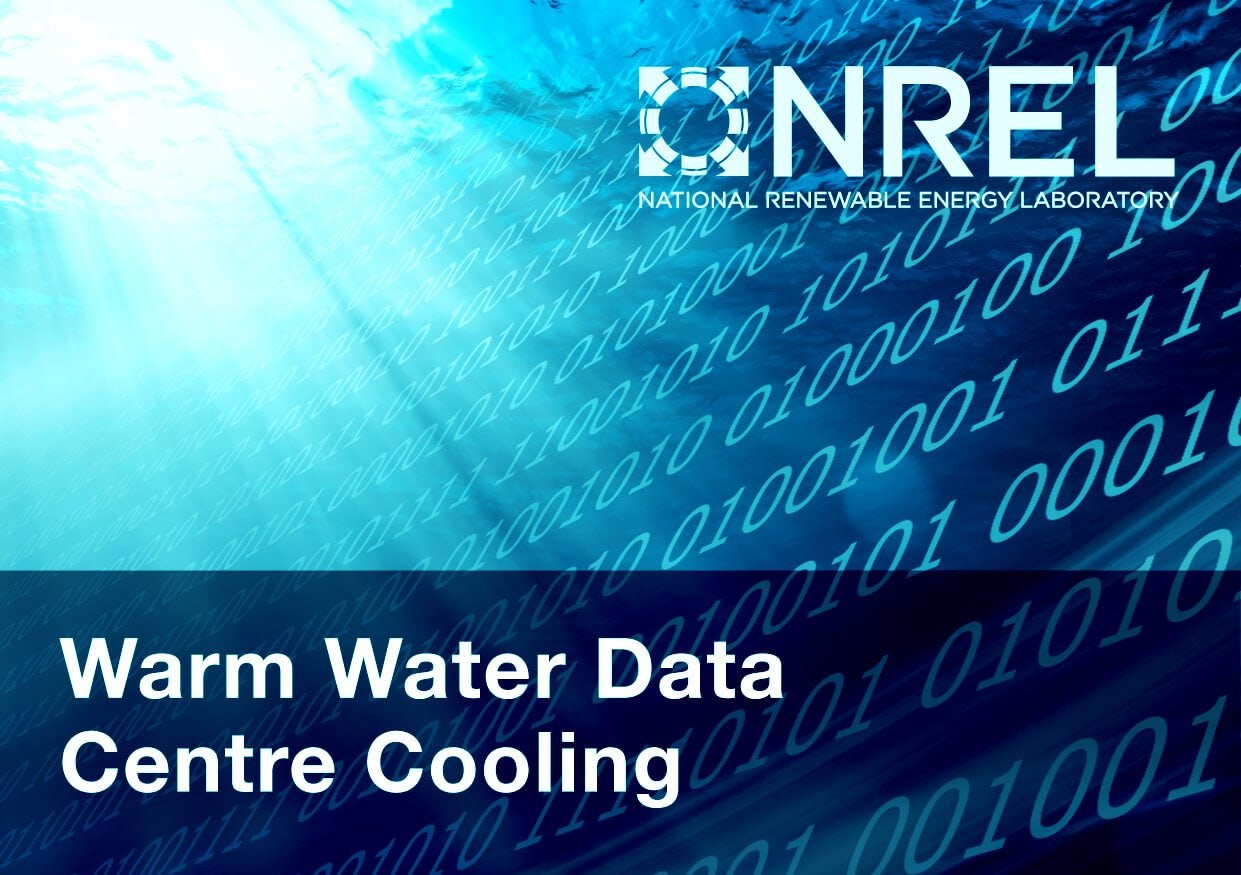Warm Water Data Centre Cooling
Last year, we published an article addressing how underwater data centres were attracting attention and becoming a trend among leading organisations in data storage.
Microsoft, for example, filed a patent in December 2015 for “artificial reef data centres”, aimed at promoting wildlife, meanwhile Google has spent years exploring the possibility of placing data centres on ships. While both companies are taking different routes, both are constantly grappling with innovative means of reducing the financial burden of cooling down data centres.
Now another similar venture is being investigated. The National Renewable Energy Labs (NREL) in Boulder, Colorado, are testing a high performing computing (HPC) system with liquid-cooling technology. It is predicted this new approach can save up to 50% power requirements in operating the HPC systems and subsequently cut down on associated costs.
The equipment NREL are conducting the tests with is on loan from a New Mexico-based organisation Sandia National Laboratories. The machine, Aquarius HPC, works by using warm water for cooling devices by transferring heat from the servers to cold plates built into the machine. As an independent party, NREL are aiming to test the claims made by Sandia: that the system will pay back the cost of its acquisition after only one year with the savings it provides, and that cooling will be aimed at all of the server’s heat sources as opposed to only the CPU (which is the case in most of the other providers).
Aquila, Sandia’s collaborator on the project, are eventually aiming to deploy the machine commercially. Bob Bolz, business development director at Aquila, says: “With the DoE’s Sandia Labs unit being tested at NREL, we think we can deliver to a buyer a purpose-built supercomputer as a fully-integrated micro data center in about a 60-day turnaround.”
Dashboard thinks this is an excellent way to recreate the necessary water conditions for cooling above surface, making it accessible to SMEs and companies whose storage needs don’t warrant alternative placement. We believe once tested, Aquarius and similar devices will quickly gain popularity among data-driven companies at the forefront of their industries.
